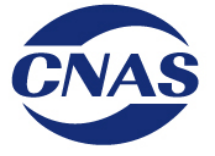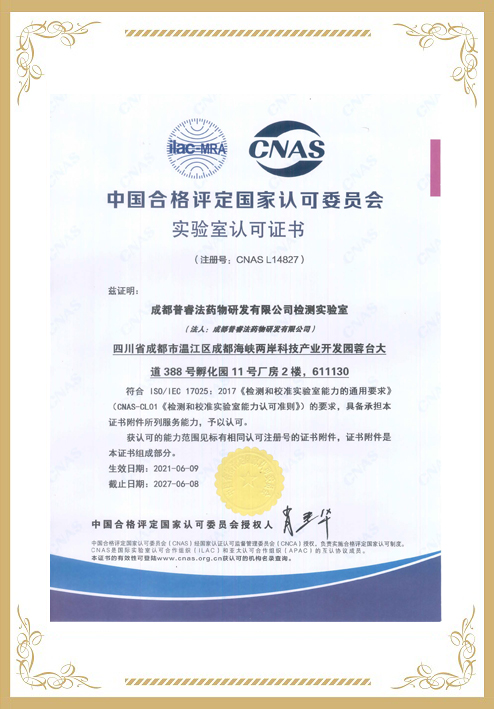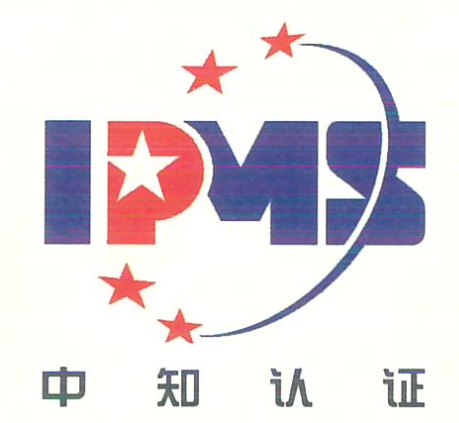Liver fibrosis has been emphasized as a serious threat to human health. There is currently no effective clinical drug treatment. Although mogrosides (MGs) have extensive pharmacological effects with minimal toxicity, their effects on liver function, inflammation, matrix metalloproteinases and hepatic stellate cell (HSC) activation remain to be researched. In the current study, we investigated whether mogroside IVE (MGIVE), a main compound isolated from MGs, provided protection against liver fibrosis in mice. MGIVE (25 mg/kg) significantly reduced carbon tetrachloride (CCl4)-induced inflammatory infiltration, pro-inflammatory cytokine release, and myeloperioxide (MPO) activity, as well as improved liver function in CCl4-treated mice. Additionally, MGIVE also significantly impaired CCl4-induced increases in liver fibrotic marker expression, such as collagen type I and hypoxia inducible factor-1α (HIF-1α). Further investigation indicated that the possible molecular target of MGIVE is the toll-like receptor 4 (TLR4)-mediated pathway, and MGIVE treatment significantly prevented CCl4-induced transforming growth factor-β1 (TGF-β1) overexpression and the phosphorylation of mitogen activated protein kinase (MAPK) in vivo. In vitro tests of HSCs or RAW 264.7 cells challenged with TGF-β1 or lipopolysaccharide (LPS) demonstrated that TLR4 expression partly mediated the anti-fibrotic effects of MGIVE. In conclusion, supplementation with MGIVE may attenuate liver fibrosis through inhibiting the TLR4 signaling pathway, including MyD88 and MAPKs, as well as HIF-1α. MGIVE may act as a therapeutic potential drug for the treatment of liver fibrosis via the TLR4/HIF-1α cohort signaling pathway.
… 2. Material and methods. 2.1. Chemicals and reagents.
Mogroside IVE (purity > 99%) and
silymarin were presented by Chengdu
Biopurify Phytochemical Ltd. (Chengdu, China). CCl 4 was purchased from Lingfeng Chemical Industry Co., Ltd. (Shanghai, China) …























